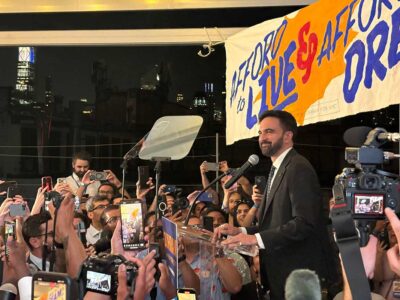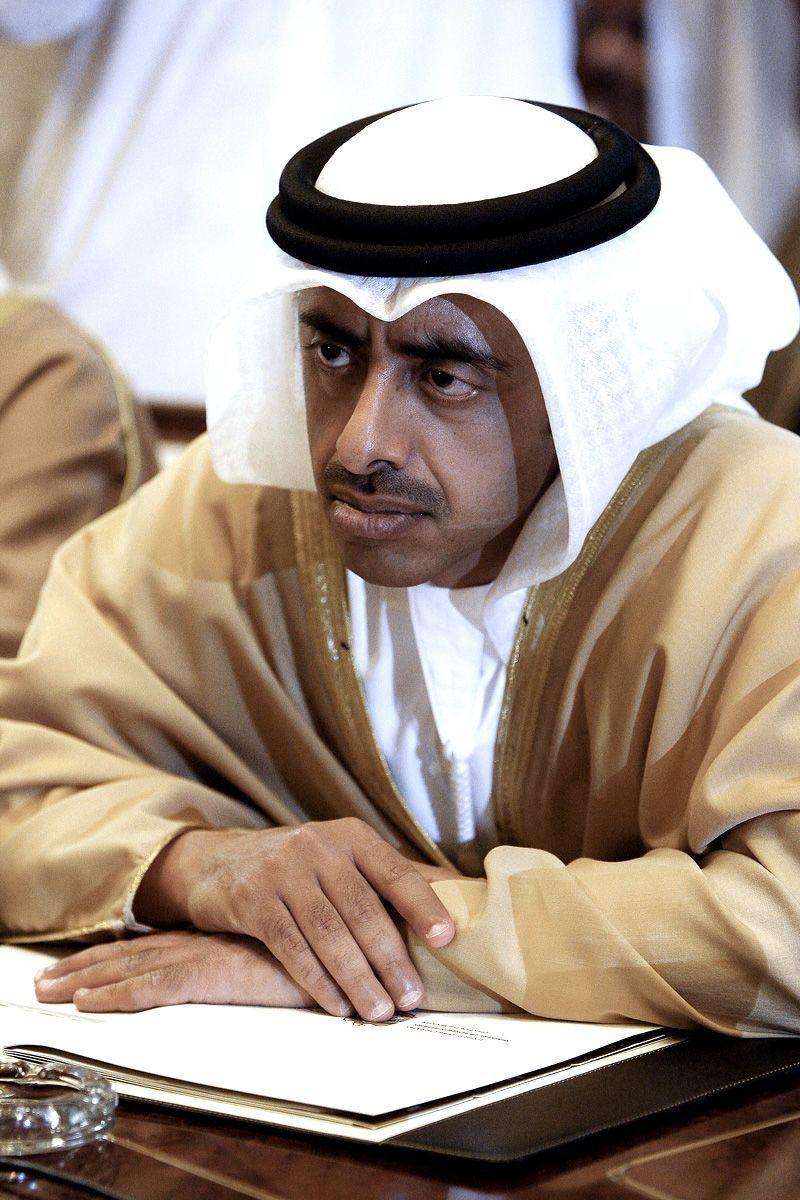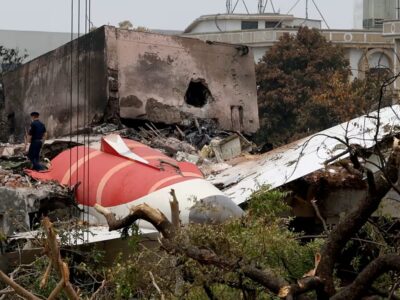The UAE’s foreign minister made an unannounced visit to Iran on Wednesday for talks with officials, according to the state news agency IRNA reported.
“We hope this visit will allow us to strengthen our relations,” Iran’s Ali Akbar Salehi said of Sheikh Abdullah bin Zayed al-Nahayan’s visit.
“We will make very effort to develop our relations and to overcome all obstacles,” Sheikh Abdullah was reported as saying by the AFP news agency.
According to IRNA, the two ministers discussed “regional matters and the need to reinforce economic and commercial relations,” but did not provide details.
The visit comes as the US government has forced Dubai-based Noor Islamic Bank to stop channeling billions of dollars from Iranian oil sales through its accounts, part of Western measures to curb Tehran’s disputed nuclear program.
A spokesman for Noor Islamic bank said it complied with all international regulations on Iran.
“When we became aware, in December 2011, that unilateral US sanctions were to be applied against a number of Iranian banks we took pre-emptive action to end our business relationships with Iranian banks licensed in the UAE,” he told Reuters.
The Wall Street Journal newspaper reported that Noor had agreed in mid-December to close what people briefed on the operation characterised as Iran’s single largest channel for repatriating foreign currency oil receipts.
The paper said the bank had facilitated as much as 60 percent of Iran’s foreign oil sales – estimated at $80 billion – by late last year.
A banking source familiar with the matter said the bank had been winding down its positions since December and suggested that other local banks had been dealing with Iran, although Noor Islamic appeared to have carried the most volume.
It was not clear if other banks were under investigation, but government officials confirmed that Noor was the first to be targeted in the country. Turkey’s Halkbank is also known to handle payments for Iran’s oil sales, but Noor Islamic appears to be the first in the world to yield to US pressure.
The United Nations and Western countries have imposed a series of economic sanctions on Iran during the past five years over what they say are efforts by Tehran to develop nuclear weapons. Iran denies the charges.
In June, the US Treasury adopted a law allowing the president to punish foreign banks that carry out financial transactions “for the purchase of petroleum or petroleum products from Iran” provided several conditions are met.
An official at the UAE Ministry for Economic Affairs said only Noor Islamic Bank had been targeted so far.
“Of course, as the UAE government, we will comply with the UN resolutions,” Khalid al-Ghaith, the assistant foreign minister for economic affairs, told Reuters at a conference in Abu Dhabi.
Launched in 2008, the bank said its aim was to be a global player but it so far serves a mostly local market catering to individuals and businesses.
The bank returned to profitability in the first half of 2011. Any impact from the US move was not clear.
In August, the bank’s Chief Executive Hussain Al Qemzi told Reuters in an interview that the bank expected to break even in 2012.








